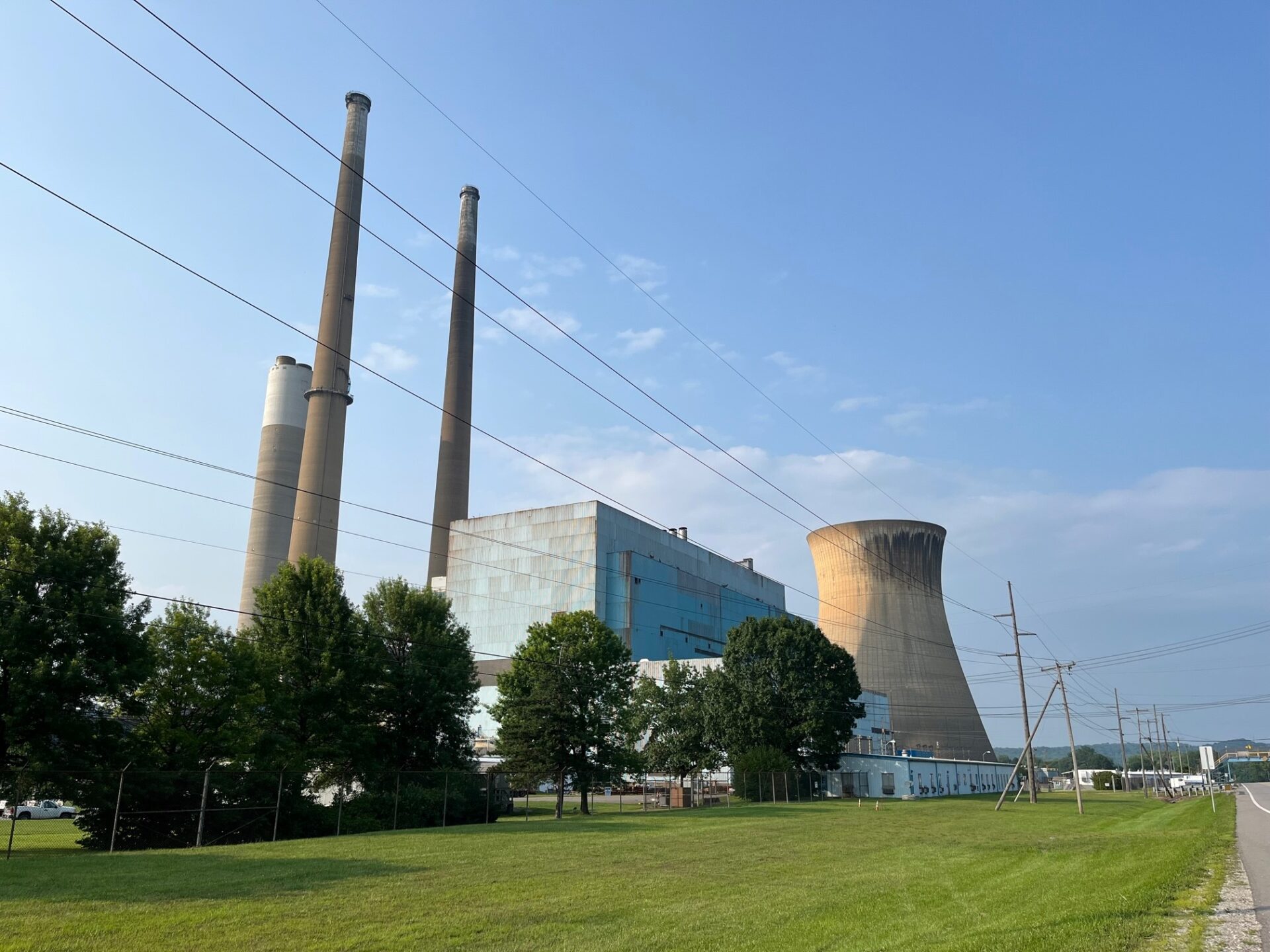A state Senate committee heard new details Wednesday about how the Pleasants Power Station will be converted from coal to hydrogen.
Pleasants is a 1,300-megawatt power plant along the Ohio River north of Parkersburg. Its coal-fired boilers went cold in June when its then-owner, Energy Harbor, shut them down.
But state lawmakers, including Sen. Donna Boley, a Pleasants County Republican, fought to save the plant from closure.
Not long after the plant went idle, a California company called Omnis Technology stepped in.
Omnis reactivated the plant. The ultimate goal, though, is to produce graphite on the site and use the hydrogen byproduct to generate electricity.
Burning hydrogen emits no carbon dioxide. However, the source of that hydrogen at Pleasants will still be coal.
Steve Winberg, the former Assistant Secretary of Fossil Energy in the Trump administration, explained to the Senate Energy, Industry and Mining Committee how the process would work.
“Their goal is to convert Pleasants from coal to 100 percent hydrogen, and then make the hydrogen from the coal. So, at a minimum, we’ll see the same amount of coal going to Pleasants, but it will be converted to hydrogen, and then the hydrogen will be burned in the boiler. So, there’s going to have to be a retrofit on that boiler to allow it to burn hydrogen and still maintain the 600 megawatts that it’s capable of maintaining or producing.”
Winberg explained to the committee that the technology is emerging. It requires heating the coal to 3,000 degrees Celsius. The bar the process has to clear is producing hydrogen that’s cheaper than natural gas.
“If this technology works, it will be cost competitive with natural gas. And so proof is in the pudding, we’ll see if they’re able to get it to work at 3,000 degrees. But if they do, it’s a pretty intriguing technology.”
Omnis is investing $800 million into the facility. If successful, it will need 600 workers to operate in addition to the 160 who run the current plant.
